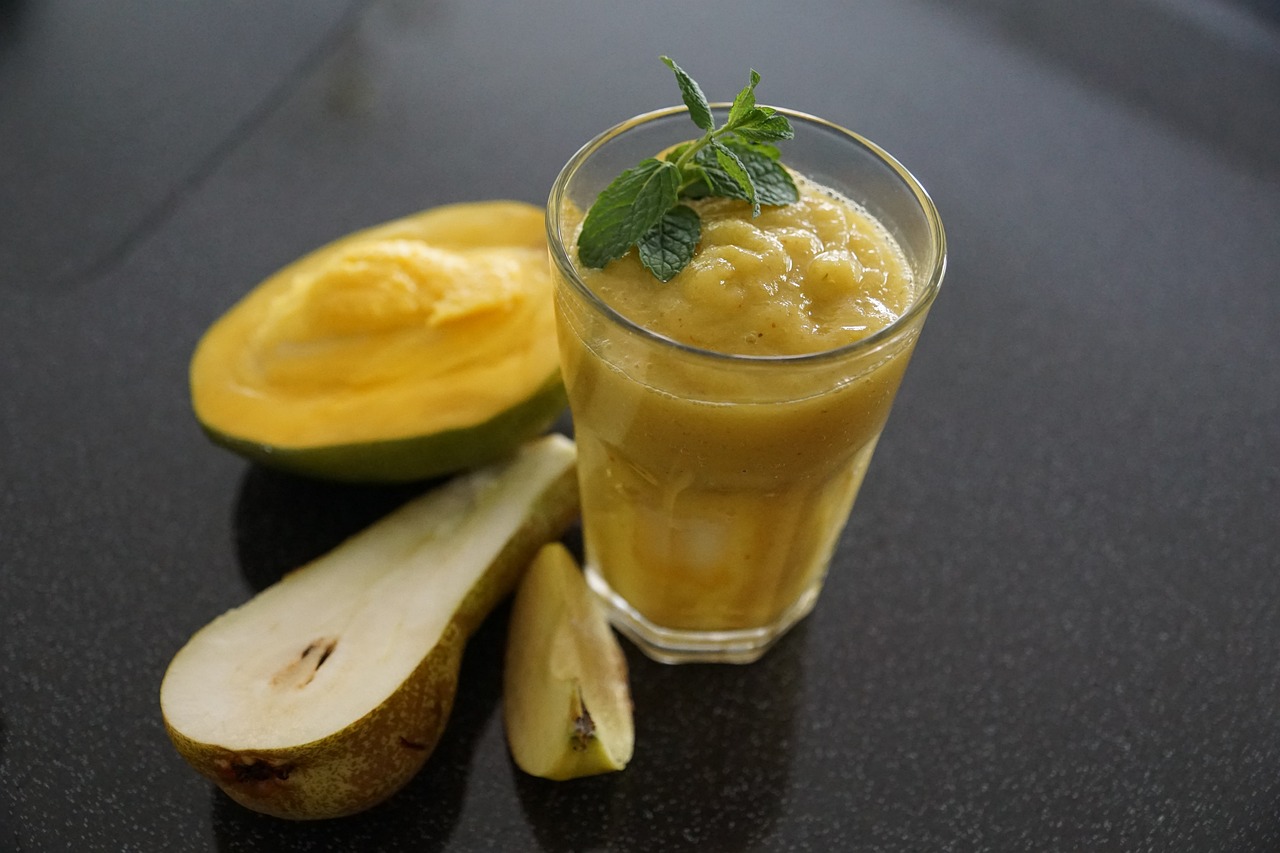Diarrhea can be uncomfortable and disruptive, but knowing which foods to eat and which to avoid can help you recover faster. While occasional diarrhea is typically not serious, understanding how different foods affect your digestive system is key to managing symptoms effectively.
Best Foods to Eat When You Have Diarrhea
When dealing with diarrhea, stick to simple, bland, and easy-to-digest foods, especially within the first 24 hours. According to Dr. Peter Higgins, the director of the inflammatory bowel disease program at the University of Michigan, these foods can help calm your stomach and thicken your stool. Recommended options include:
- Oatmeal – Provides soluble fiber to help bulk up stool.
- Bananas – High in potassium and easy to digest.
- Plain Rice – A staple for calming the digestive system.
- Applesauce – Gentle on the stomach and can help with dehydration.
- Boiled Potatoes – Mild and starchy, perfect for soothing the digestive tract.
- Toast and Crackers – Plain or saltine crackers can help absorb excess fluid.
- Pretzels – Provide sodium, which helps maintain electrolyte balance.
- Baked Chicken – Skinless and fat-free, this is a good source of protein.
Another helpful group of foods is those containing probiotics. Probiotics are beneficial bacteria that can help restore the balance in your gut and may even shorten the duration of diarrhea. Foods rich in probiotics include:
Yogurt (with live active cultures)
Kombucha (fermented tea)
Kefir (fermented milk drink)
Sauerkraut (fermented cabbage)
Kimchi (spicy fermented vegetables)
If you are sensitive to dairy or lactose intolerant, be cautious with yogurt and other dairy-based probiotic foods.
Foods to Avoid When You Have Diarrhea
While knowing what to eat is important, knowing what to avoid is equally crucial. Some foods can worsen diarrhea by irritating the digestive system or speeding up bowel movements. Avoid these foods to help your recovery:

- Fatty and Fried Foods
Greasy foods, fried dishes, and anything covered in gravy can exacerbate diarrhea symptoms. These foods are hard to digest and can increase intestinal activity. - Dairy Products
Even if you’re not lactose intolerant, it’s best to avoid milk, butter, ice cream, and cheese during a bout of diarrhea. Your digestive system may temporarily struggle with dairy. Yogurt with probiotics is an exception, as it can help restore gut flora. - Alcohol and Sugary Sodas
Alcohol dehydrates your body, which is the last thing you want during diarrhea. Additionally, sodas high in fructose can cause gas, bloating, and worsen diarrhea. Stick to water, electrolyte solutions, or broths instead. - Artificial Sweeteners
Avoid sugar substitutes like sorbitol found in sugar-free candies, gums, and diet drinks. These sweeteners have a laxative effect and can worsen diarrhea. - Gas-Producing Foods
Foods like cabbage, beans, broccoli, and cauliflower increase gas and bloating. Avoid these until your digestive system has recovered. - Spoiled or Improperly Stored Foods
Eating foods that may have been mishandled or left out too long increases the risk of foodborne illnesses. When in doubt, throw it out.
Additional Strategies for Managing Diarrhea
One of the biggest risks during diarrhea is dehydration. To stay hydrated, drink plenty of fluids containing sugar and salt. Solutions like Pedialyte or full-salt broths are particularly effective. Dr. Higgins advises monitoring urine color: if your urine is dark or you’re not urinating much, you’re likely dehydrated.
For temporary relief, over-the-counter medications like loperamide (Imodium) can slow bowel movements. However, these should only be used for a day or two and not if you have an infection or see blood in your stool.
If your diarrhea persists for more than a few days, or if you experience symptoms like gas, bloating, or blood in your stool, consult a healthcare professional. These could be signs of a more serious condition that needs medical attention.



